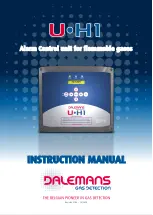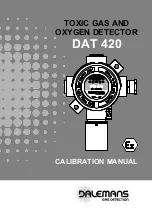
29
number of false signals caused by salt water by
lowering your sensitivity and making sure you are
ground balanced properly.
7. Hot Rocks: Some rocks, by virtue of their high
mineral content, will be seen by metal detectors
as a metal target. In the Autotune mode, the CZ-20
will respond to most hot rocks. Prospectors (who
will most likely be using the Autotune mode in an
area where hot rocks abound), however, will learn
to distinguish between many hot-rock and nugget
sounds. In the target-I.D. mode, certain types of
hot rocks will be automatically rejected at DISC =
“0” and virtually all other hot rocks will be identified
as iron or rejected at DISC = “1.”
8. “End of Swing:” Silent search motion detectors
often give false signals at the edges of the search
pattern just as the coil stops and begins
accelerating back toward the operator. If this is a
problem, try one or more of the following: Keep
your sweep smooth, slow and low to the ground.
Check your ground balance. Lower your
sensitivity. Make sure your search coil is properly
secured and the cable connector is firmly
tightened.
9. Digging Tool: If you’re carrying a metal sand
scoop, digging knife, or screwdriver, hold it behind
your back or keep it above your waist. Your CZ-20
is sensitive enough to sound off each time you
sweep the coil beneath it.
10. Elongated Ferrous Objects: If you get two beeps
close together and can’t find either target, you may
be near a nail or some other long, ferrous object.
Fortunately, in most cases your CZ-20 will identify
these objects correctly; they just won’t be where
you think they are. In all cases, the target will be
between the beeps, or if you sweep at right angles
to your original direction, you’ll receive a single
beep directly over the target.
FALSE SIGNALS












































